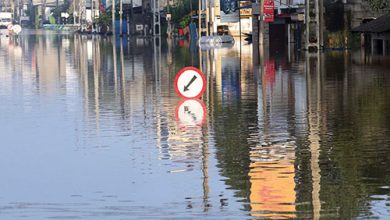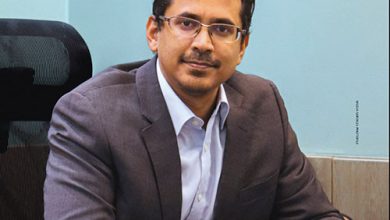YOUTH FORUM
Compiled by Savithri Rodrigo
THE YOUNG AND RESPONSIBLE
Minul Doluweera reminds us that great power begets great responsibility

Q: What are the challenges facing the country today?
A: As a developing nation, Sri Lanka is stuck in the same rut as most Third World countries. Due to a lack of equality in education, we have created a flawed democracy.
Democracy as a system of governance makes the base assumption that people are smart and leaders are chosen rationally based on their policies.
The more uneducated we are, the more we’re swayed by irrelevant factors such as charisma, confidence and even the free lunches distributed by politicians, leading to incompetent representation in parliament.
It is ridiculous to expect great changes from such leaders but whatever little good that’s achieved is also undone by subsequent governments. They would rather discredit their predecessors than push themselves to outdo opponents. This political paradigm must change as it is at the root of all the bad in the country.
Q: What changes do you see in nation building and reconciliation?
A: Although the conflict created a rift between the Sinhalese and Tamils, in general we have lived cooperatively for over 2,000 years. And maybe the postwar reconciliation attempts have succeeded and the level of animosity has been reduced.
Royal College is a multi-religious and multiethnic hub, and I can safely say that achieving mutual understanding and reconciliation is definitely possible.
Q: What changes do you see in the spheres of education and women’s empowerment?
A: This prompts discussions on the privatisation of higher education, which must be allowed. Higher education is not a basic right but a privilege. And the state, which already has a substantial debt burden, is not obligated to provide or nationalise higher education.
As for women’s empowerment, Sri Lanka is certainly better than most Middle Eastern or African countries but there’s definitely room for improvement – primarily the lack of personal space, independence and individuality.
Q: How can Sri Lanka retain its talent and curtail brain drain?
A: From academic fields to sport, most jobs in Sri Lanka have lost their appeal due to limited remuneration and mediocre facilities. This is the reason behind migration although both issues have the same answers: funding and resource management.
By using taxpayers’ money astutely and attracting private investment, we can create a favourable environment. Once the process is kick-started, the rest will follow as the best of the best will be retained in the country.
Q: Do we have young leaders to take the country forward?
A: The next Nelson Mandela or Lee Kuan Yew could come from Sri Lanka! What’s required is a passion to do what’s best for the country and not the wallet, an unwavering desire to lift Sri Lanka even if it keeps falling, genuinely wanting the nation to progress and eschewing corruption.
With great power comes great responsibility but not everyone has the self-control to use it responsibly.
Q: On a global scale, how do you view the impact of the war and environmental degradation?
A: Almost all conflicts in history have resulted from simple misunderstandings. The misrepresentation of religious texts has led to extremists seeking world dominance. The solution is education because
it’s only through a proper understanding of such texts that these influences will wane.
Most people regard environmental degradation as a problem for future generations.
But the media can strategically play an integral role in saving the Earth as it is best positioned to change this mentality, and emphasise the urgency and irreversibility of the issue at hand.
Q: What challenges do young people face in a global context?
A: Limited time. With the world becoming increasingly competitive, only those with efficient time management strategies will succeed. I prioritise my activities to ensure that I maintain discipline. This requires planning and self-control but that extra step is imperative to be ahead of the competition.
Q: How do you view the growing importance of social media today?
A: What fire was to cavemen, social media is to modern man. Just like fire, social media tells us what’s happening in the world around us. It can provide comfort and offer a sense of belonging.
And like fire, social media is an amazing servant but a horrible master.
As long as we’re in control and use social media for its intended purpose of social discourse and socialisation – instead of becoming addicted to it or engaging in harmful activities such as cyberbullying and hate speech – it can do wonders.







